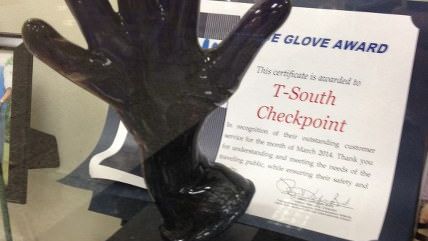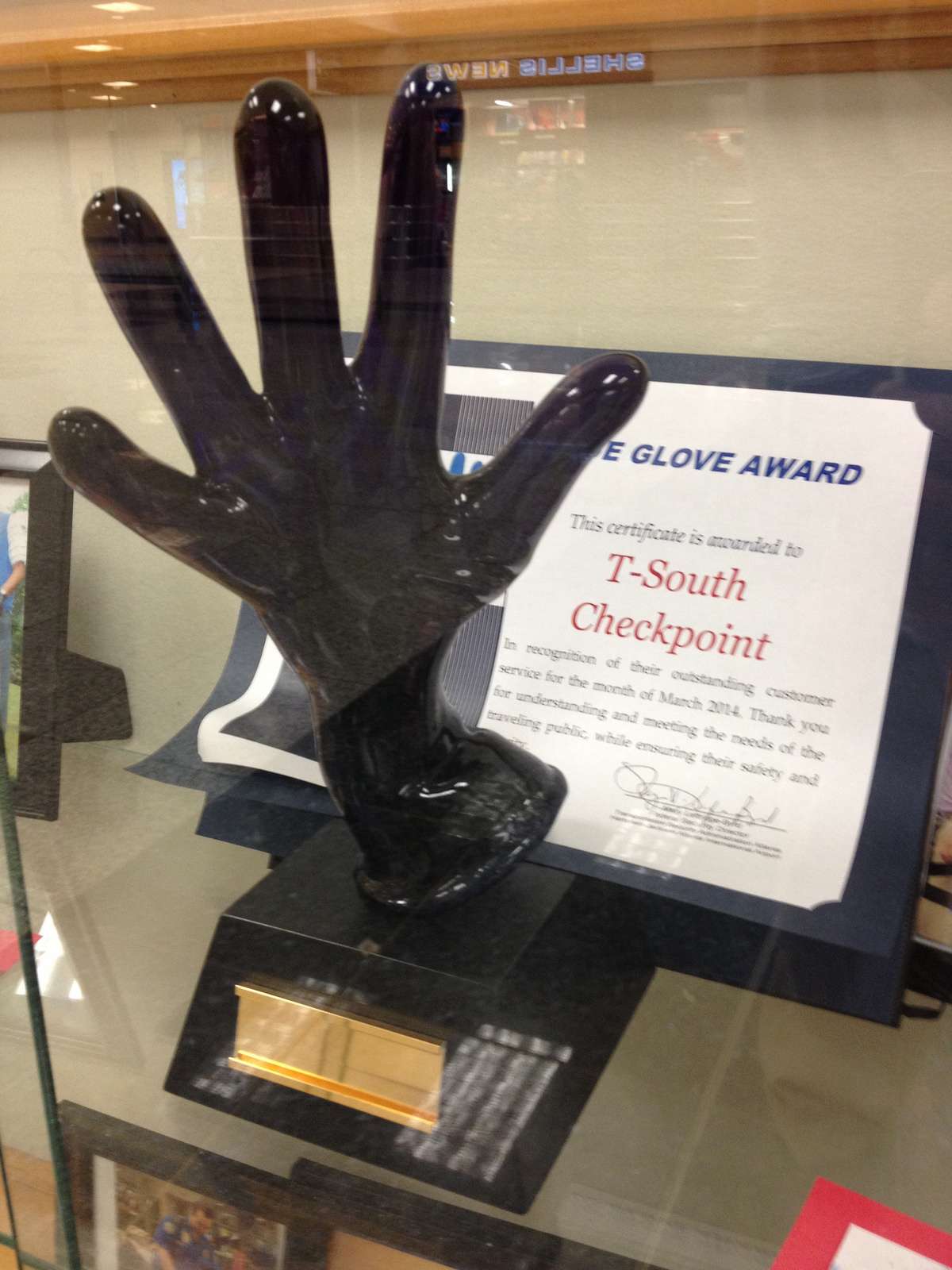ACLU: TSA Now Using 'Hypothetical Threats' to Assign Passengers to Watchlists


The Government Accountability Office (GAO) has put out a new report intended to analyze the performance of the Department of Homeland Security (DHS) and the Transportation Security Administration (TSA) in the operation of the watchlists that determine how much abuse passengers have to suffer before being allowed on a plane (assuming they're allowed).
The American Civil Liberties Union (ACLU) read through the report and was a bit disturbed at what they've discovered. The ACLU, you may recall, has been suing the government (and winning) over the horrible, opaque way the watchlists and no-fly lists have been operating in secret. You may also recall a recent report from The Intercept showing that hundreds of thousands of Americans placed on watchlists for extra screening have no known ties to terrorism. In fact, today Stephen Hayes, a senior writer for The Weekly Standard, tweeted that he discovered he'd been added to a DHS watchlist after taking a one-way flight to Turkey in July.
The ACLU notes that the TSA has taken to assigning passengers to risk categories for reasons that have nothing to do with any law enforcement agency recommending them for review. That may explain Hayes' experience:
Thanks to the GAO report, we now know that the TSA has modified the Secure Flight program so that it assigns passengers to one of three risk categories: high risk, low risk, or unknown risk. We've long been critical of this kind of passenger profiling—which the TSA has proposed in the past—because it inevitably leads to greater intrusion into individuals' private lives. And of course, it raises the question of what criteria and information the TSA uses to sort people into these categories.
The TSA is keeping those criteria secret, which is part of the problem. However, the GAO report states that the "high-risk" passengers aren't just those who appear to match a name on the FBI's No Fly, Selectee, or Expanded Selectee lists (as problematic as those lists may be). Now, the TSA is also using intelligence and law enforcement information, along with "risk-based targeting scenarios and assessments," to identify passengers who may be "unknown threats."
In other words, the FBI's flawed definition of someone who is a suspected threat to aviation security isn't relaxed enough for the TSA, so the TSA is creating its own blacklists of people who are hypothetical threats. Those people are also subjected to additional screening every time they fly. To make matters worse, another recently published GAO report indicates that the redress process for travelers who have been incorrectly caught up in the watchlisting system does not apply to these new TSA blacklists. So the TSA's "unknown threats" are truly without recourse.
Hayes tweeted that when he attempted to file a "redress" form online, it couldn't be processed. Imagine that.
The ACLU also noted that there's a "whitelist" for millions of government employees, which allows them into the Pre-Check line. We could potentially join them in that line, if we're willing to give the government enough private information to prove to them that we aren't terrorists.
Read the full ACLU report here.


Show Comments (39)